Native American History
1/47
There's no tags or description
Looks like no tags are added yet.
Name | Mastery | Learn | Test | Matching | Spaced |
|---|
No study sessions yet.
48 Terms
Paleontology
The study of history through fossil remains
Archaeology
The study of human history and prehistory through artifacts
Traces
Objects left behind that can be used to learn about the past. Examples: tools and clothing
Fossils
Remains of a prehistoric organism
Artifacts: Anasazi
stone structures, pueblos, pottery, baskets with fibers
Artifacts: Fremont
pithouses, bows & arrows, baskets, stone figures, rock imagery
Artifacts: Archaic
wickiups, caves, baskets, atlatl, grinding stones (for flour)
Artifacts: Paleo
hides for clothing/shelter, spears
Why did early Native people move from place to place?
When more resources were needed, harsh climate, lack of food/water, forced out by other tribes
Facts: Aztec
rafts, human sacrifices, pyramids, calendar, temples
Facts: Anasazi
Pueblo cities, turquoise jewelry (trade), kivas
Facts: Inca
Machu Picchu, 15000 miles of paved roads, discovered potato, pyramids, mummies, temples
Facts: Maya
Temples, written language, pyramids, advanced calendar
Facts: Hopewell
Manmade mounds, mainly farmers
Facts: Olmec
Pyramids, “mother culture”, (earliest culture in Mexico)
Facts: Mississippi
Built mounds, farmed by Mississippi River, mounds used for burial
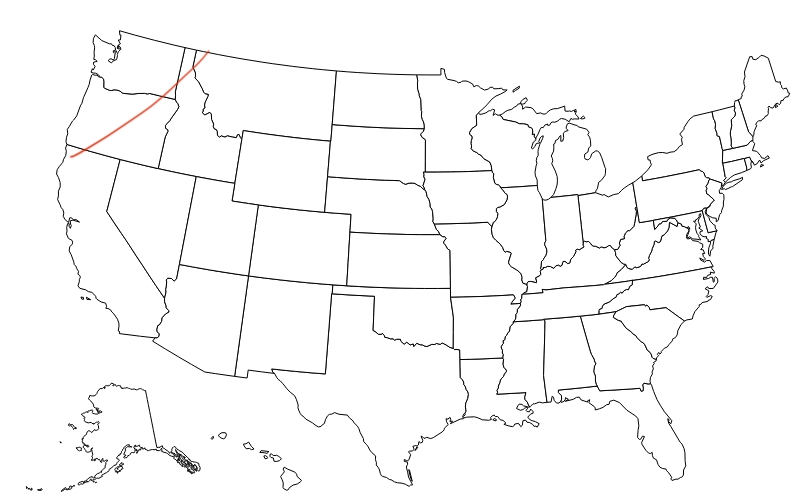
Which Native American culture group lives here?
Northwest
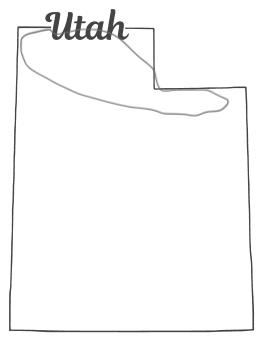
Which tribe lives here?
Shoshone
Which tribes live in Wiki-ups?
Paiute, Goshute, Archaic
Which tribes live in Teepees?
Shoshone, Ute
Which tribes live in Pithouses?
Fremont
Which tribes live in Pueblos?
Anasazi (ancestral pueblo)
Which tribes live in Hogans?
Navajo
Economic Activities: Ute
Often enslaved Goshute and Paiutes, horses after European exploration
Economic Activities: Goshute
no horses because they were based on agriculture and not hunting buffalo, nicknamed the “root diggers”
Economic Activities: Navajo
raised sheep for wool blankets
Economic Activities: Paiute
no horses, based on agriculture, not hunting buffalo
Economic Activities: Shoshone
horses after European exploration, often enslaved Goshutes and Paiutes
What historic tribe was nicknamed the “root diggers”?
Goshutes
What is an oral history?
Spoken accounts rather than or in conjunction with written records passed down through generations
What were the purposes of oral histories?
Oral histories were used to teach children lessons and explain life.
Who was the trickster in Goshute oral histories?
Coyote
How was Native American culture connected to climate and geography?
Climate and geography determined many things in Native American culture such as beliefs (believed in certain Gods based on the climate e.g. rain God), clothing (dressed for the weather), activities (what things they could do based on the weather and the landscape), food (what was available in that region or area for them to eat).
Climate
weather conditions in a specific area over a period of time
Culture
specific groups of people, the beliefs, arts and lifestyles of that group
Barter
The action of exchanging goods or services without using money
Indigenous
originating or occurring naturally in a particular place

Which tribe lives here?
Navajo
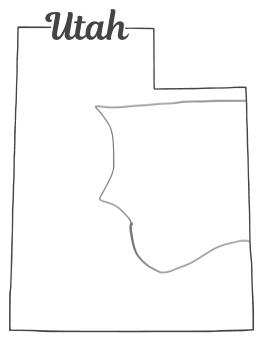
Which tribe lives here?
Utes
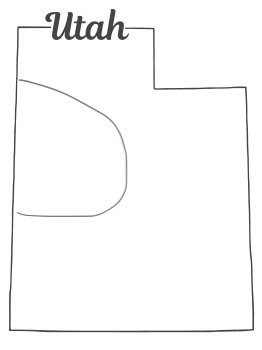
Which tribe lives here?
Goshute
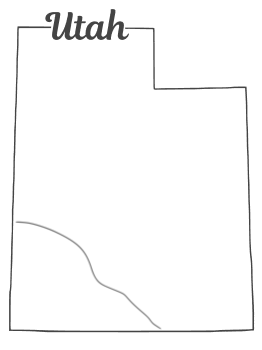
Which tribe lives here?
Paiute
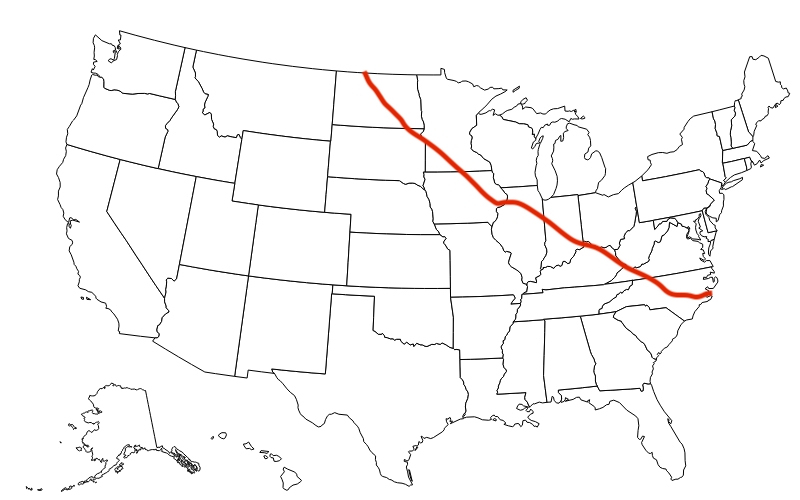
Which Native American culture group lives here?
Northeast
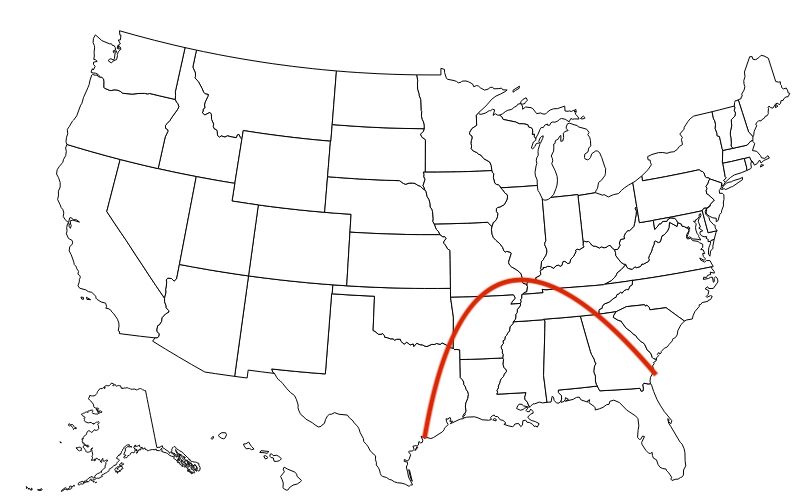
Which Native American culture group lives here?
Southeast
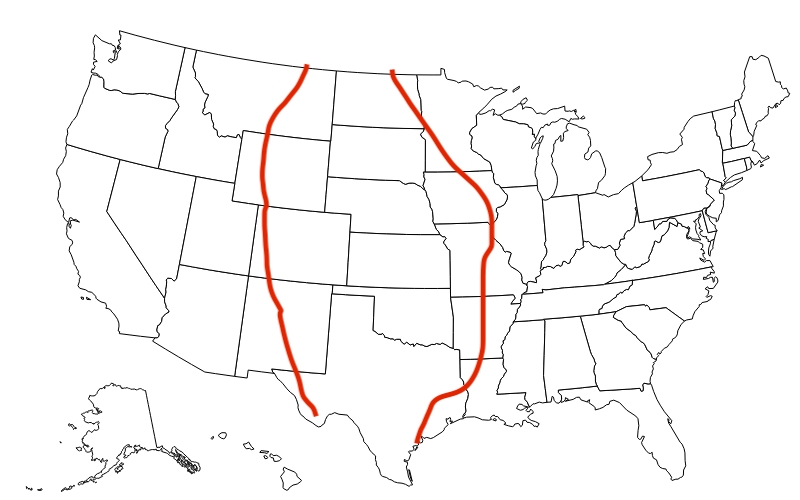
Which Native American culture group lives here?
Great Plains
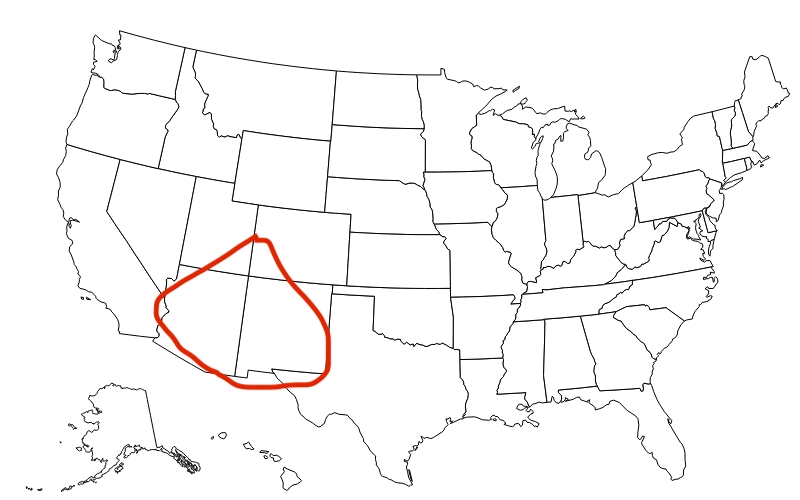
Which Native American culture group lives here?
Southwest
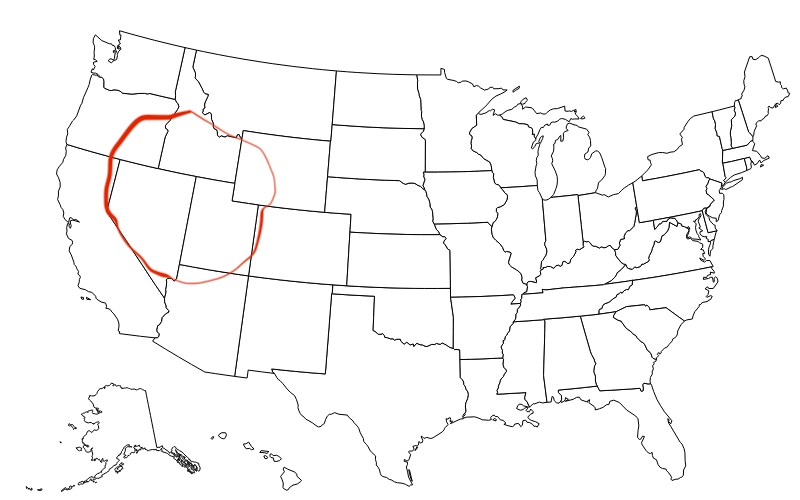
Which Native American culture group lives here?
Great Basin
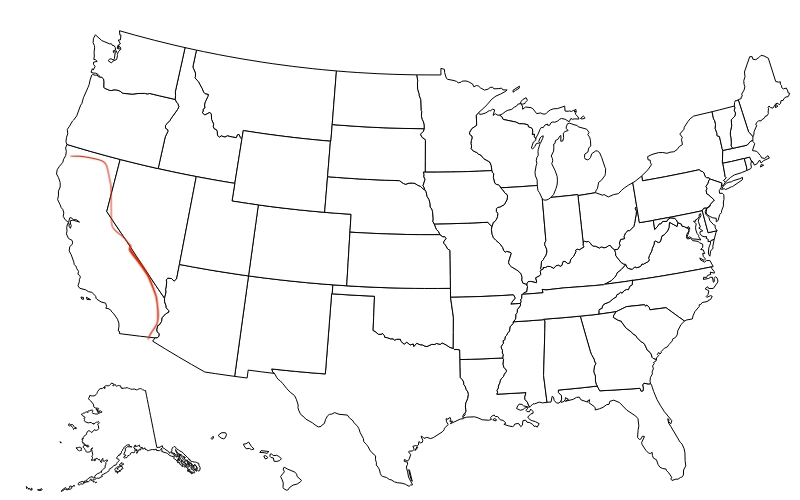
Which Native American culture group lives here?
California
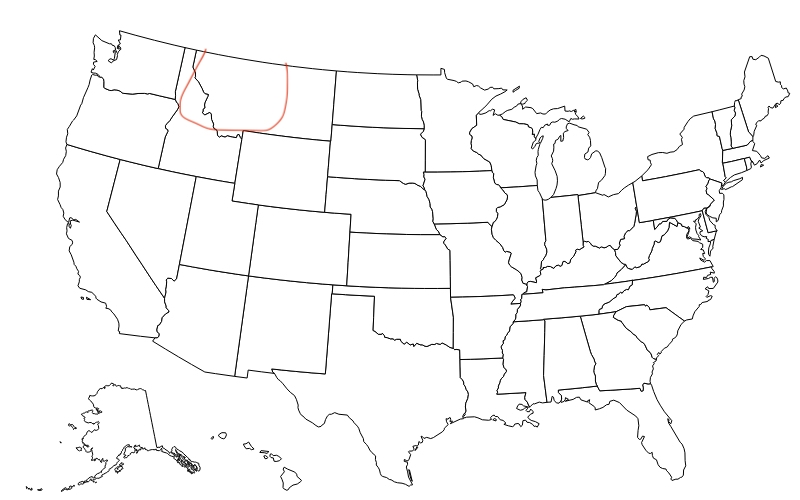
Which Native American culture group lives here?
Plateau